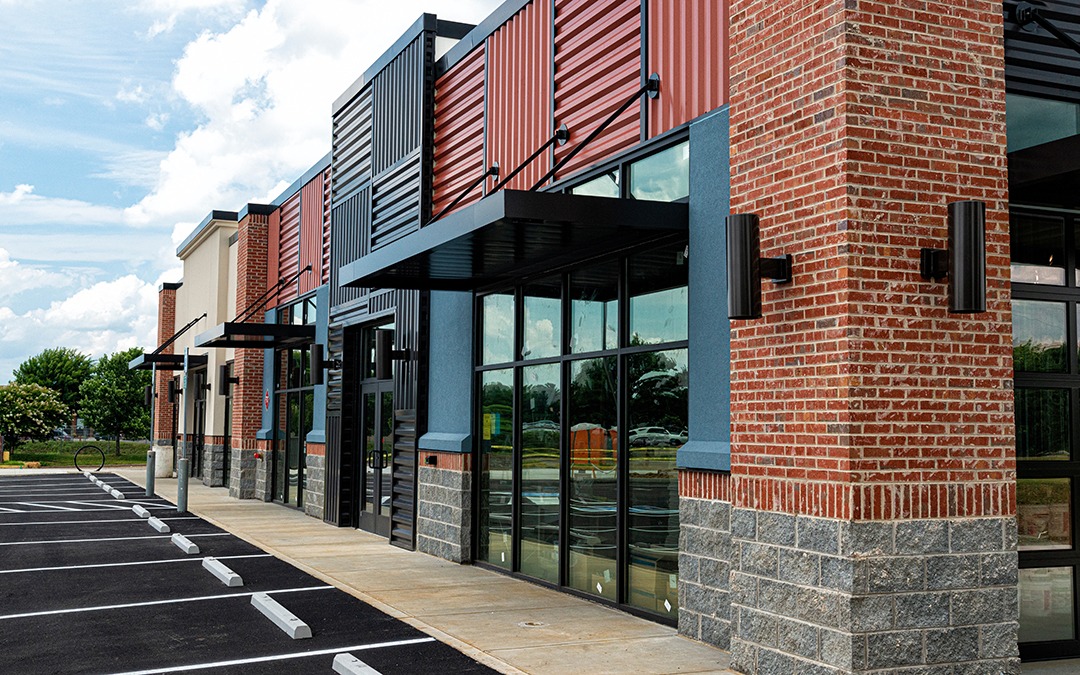
If you’re the owner of a pass-through entity, the taxes on real estate gains from the sale of business real estate or vacant land may be more complicated than you thought. Here’s a look at the issues.
Let’s say you own real estate that has been held for more than one year and is sold for a taxable gain. Perhaps this gain comes from indirect ownership of real estate via a pass-through entity such as an LLC, partnership or S corporation. You may expect to pay Uncle Sam the standard 15% or 20% federal income tax rate that usually applies to long-term capital gains from assets held for more than one year.
However, some real estate gains can be taxed at higher rates due to depreciation deductions. Here’s a rundown of the federal income tax issues that might be involved in real estate gains.
Taxes on real estate gains on vacant land
The current maximum federal long-term capital gain tax rate for a sale of vacant land is 20%. The 20% rate only hits those with high incomes. Specifically, if you’re a single filer in 2024, the 20% rate kicks in when your taxable income, including any land sale gain and any other long-term capital gains, exceeds $518,900. For a married joint-filing couple, the 20% rate kicks in when taxable income exceeds $583,750. For a head of household, the 20% rate kicks when your taxable income exceeds $551,350. If your income is below the applicable threshold, you won’t owe more than 15% federal tax on a land sale gain. However, you may also owe the 3.8% net investment income tax (NIIT) on some or all of the gain.
Real estate gains from depreciation
Gain attributable to real estate depreciation calculated using the applicable straight-line method is called unrecaptured Section 1250 gain. This category of gain generally is taxed at a flat 25% federal rate, unless the gain would be taxed at a lower rate if it was simply included in your taxable income with no special treatment. You may also owe the 3.8% NIIT on some or all of the unrecaptured Section 1250 gain.
Real estate gains from depreciable qualified improvement property
Qualified improvement property (QIP) generally means any improvement to an interior portion of a nonresidential building that’s placed in service after the date the building is placed in service. However, QIP does not include expenditures for the enlargement of the building, elevators, escalators or the building’s internal structural framework.
You can claim first-year Section 179 deductions or first-year bonus depreciation for QIP. When you sell QIP for which first-year Section 179 deductions have been claimed, gain up to the amount of the Section 179 deductions will be high-taxed Section 1245 ordinary income recapture. In other words, the gain will be taxed at your regular rate rather than at lower long-term gain rates. You may also owe the 3.8% NIIT on some or all of the Section 1245 recapture gain.
What if you sell QIP for which first-year bonus depreciation has been claimed? In this case, gain up to the excess of the bonus depreciation deduction over depreciation calculated using the applicable straight-line method will be high-taxed Section 1250 ordinary income recapture. Once again, the gain will be taxed at your regular rate rather than at lower long-term gain rates, and you may also owe the 3.8% NIIT on some or all of the recapture gain.
Tax planning point: If you opt for straight-line depreciation for real property, including QIP (in other words, you don’t claim first-year Section 179 or first-year bonus depreciation deductions), there won’t be any Section 1245 ordinary income recapture. There also won’t be any Section 1250 ordinary income recapture. Instead, you’ll only have unrecaptured Section 1250 gain from the depreciation, and that gain will be taxed at a federal rate of no more than 25%. However, you may also owe the 3.8% NIIT on all or part of the gain.
Plenty to consider
As you can see, the federal income tax rules for gains from sales of real estate may be more complicated than you thought. Different tax rates can apply to different categories of gain. And you may also owe the 3.8% NIIT and possibly state income tax, too. We will handle the details when we prepare your tax return. Contact us with questions about taxes on real estate gains.
© 2024